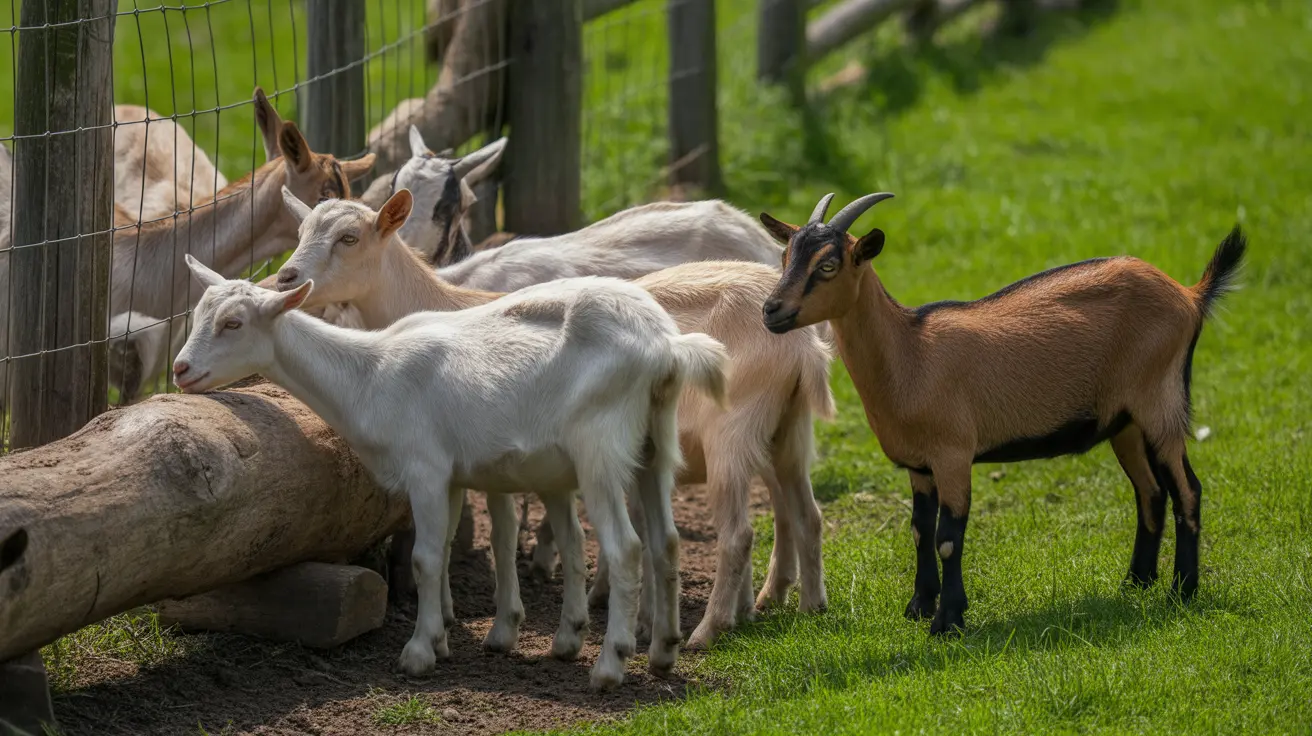The Most Toxic Fruit for Dogs: What Every Pet Owner Should Know
When it comes to caring for your furry companion, knowing what foods are safe—and which are dangerous—is critical. Dogs are curious by nature and often eager to share snacks with their human friends. But not all fruits are created equal, and some that are healthy for people can be extremely hazardous for dogs. Among all the fruits, grapes and their dried form, raisins, top the list as the most toxic to dogs.
Why Are Grapes and Raisins Toxic?
The exact toxic compound in grapes and raisins remains unidentified, yet their consumption has been linked to acute kidney failure in dogs. The reaction can be fatal—even in small amounts. Some dogs may ingest several grapes with no outward effects, while others may develop symptoms after consuming only one. This indicates that individual sensitivity plays a major role.
Signs of Grape or Raisin Toxicity in Dogs
It’s crucial for dog owners to recognize the early signs of toxicity so they can act quickly. Common symptoms include:
- Vomiting and/or diarrhea within a few hours of ingestion
- Lethargy and weakness
- A noticeable loss of appetite
- Abdominal pain
- Dehydration
- Increased thirst and urination, followed by decreased or no urine output
- Seizures or tremors in severe cases
Immediate veterinary treatment is essential. The sooner the dog receives care, the higher the chance of full recovery.
How Much Is Too Much?
There is no established "safe" quantity of grapes or raisins for dogs, which is part of what makes this fruit so dangerous. Reports have shown that even a small handful—or a single grape—may cause adverse effects in some dogs. Because of this unpredictability, experts advise complete avoidance.
What To Do If Your Dog Eats Grapes or Raisins
If you suspect that your dog has eaten grapes or raisins, take the following steps immediately:
- Contact your veterinarian or an emergency vet clinic right away.
- Do not wait for symptoms to appear—early intervention is key.
- Induce vomiting only if instructed by a veterinary professional.
Other Fruits That Require Caution
While grapes and raisins are the most toxic, other fruits can also pose risks:
- Cherries: Pits contain cyanide and pose a choking hazard.
- Avocados: Contain persin, which is mildly toxic to dogs.
- Citrus fruits: Can cause GI upset in large amounts.
- Apples: Safe in small amounts, but the seeds contain cyanide.
Fruits That Are Safe in Moderation
Many dog-friendly fruits can be healthy when served in small portions:
- Blueberries: High in antioxidants.
- Bananas: Rich in potassium.
- Apples: Remove seeds and core before serving.
- Watermelon: Hydrating and low in calories (seedless only).
- Pineapple: Contains digestion-friendly enzymes (in small amounts).
Prevention Tips for Dog Owners
Keeping toxic fruits like grapes out of reach is the best line of defense. Here are a few tips:
- Keep fruit bowls out of your dog’s reach.
- Educate family members and guests on what dogs should not eat.
- Train your dog to avoid eating food off the ground.
- Use child-proof cabinet locks if necessary.
Conclusion
In the realm of canine nutrition, the most dangerous fruit is unquestionably the grape (and its sister, the raisin). While science continues to investigate the exact mechanism of their toxicity, the risk they pose is real and immediate. Responsible pet ownership involves not just feeding your dog well, but also preventing access to hazardous foods. When in doubt, consult your veterinarian and always err on the side of caution.





